ECLAC Will Hold its Fortieth Session in Peru on October 9-11
Work area(s)
This UN regional commission’s most important biennial meeting will take place in the capital, Lima, and will bring together representatives of ECLAC’s 46 Member States and its 14 associate members.
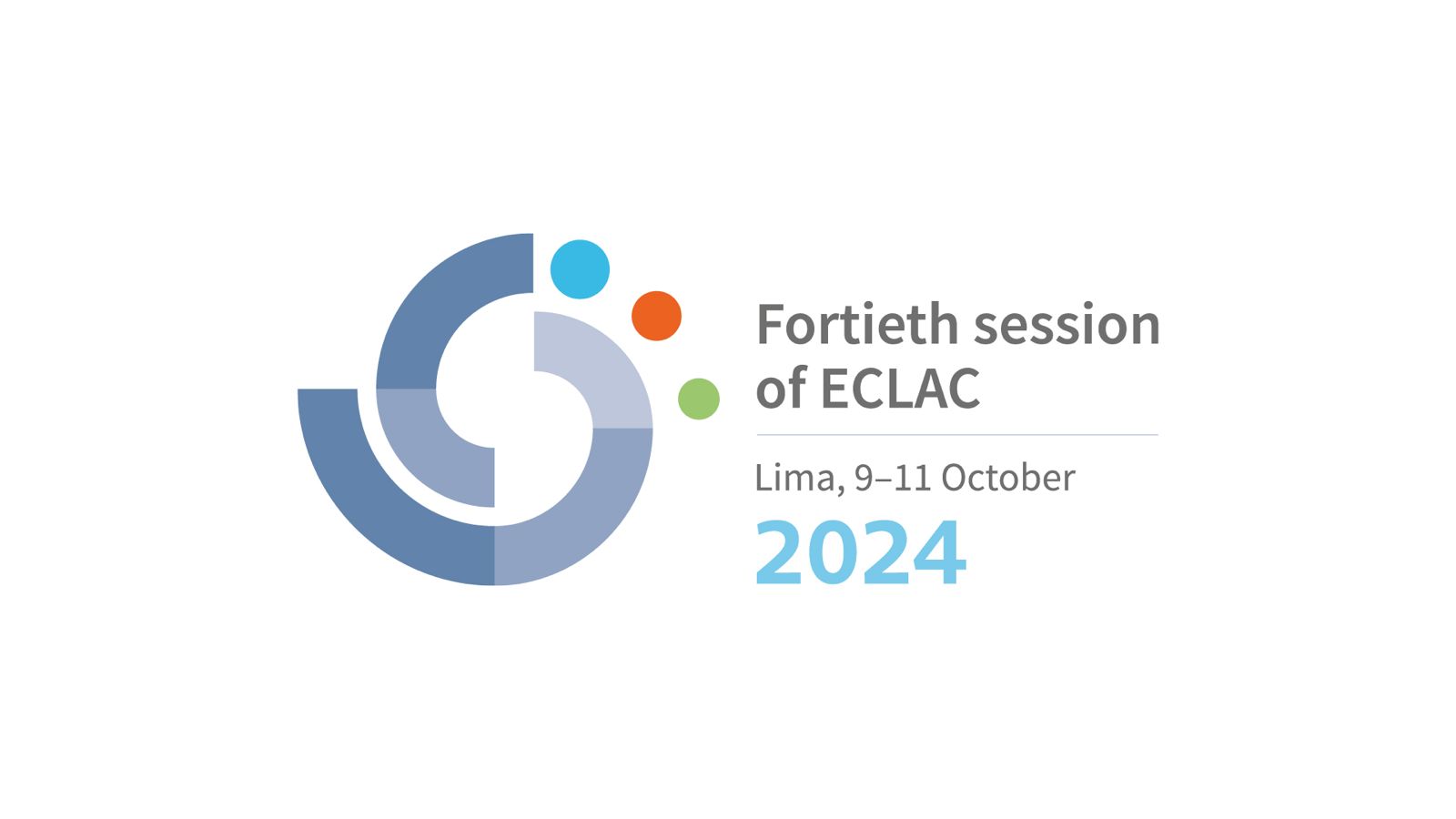
On October 9-11 in Lima, Peru, the Economic Commission for Latin America and the Caribbean (ECLAC) will hold its Fortieth Session, the United Nations regional commission’s most important biennial meeting.
At this international event – which will draw the participation of authorities from ECLAC’s 46 Member States and its 14 associate members, along with representatives of the United Nations system and of non-governmental organizations – countries will have the opportunity to debate about the region’s economic, social and environmental development, examine the activities carried out by the Commission the previous year, and set the priorities for the programme of work that will guide the Commission’s future endeavors.
The meeting will be inaugurated on Wednesday, October 9, at 2 p.m. local time in Perú (GMT -5) by Dina Boluarte Zegarra, President of Peru; Amina Mohammed, Deputy Secretary-General of the United Nations (pre-recorded video); a Representative of Argentina, the country serving as Chair of the thirty-ninth session of ECLAC, and José Manuel Salazar-Xirinachs, Executive Secretary of ECLAC.
At the gathering, the Commission will present the region’s countries with a position document entitled Development Traps in Latin America and the Caribbean: Vital Transformations and How to Manage Them, which analyzes the current situation in terms of the three development traps in which ECLAC sees the region caught: one involving low capacity for growth; another of high inequality, low social mobility and weak social cohesion; and a third trap of low institutional capacities and weak governance.
In addition to these three traps, the Commission has identified a ten-point catalogue of development gaps, some of which are aligned with the three traps. And with regard to what to do, 11 major transformations are suggested that are considered vital for moving towards more productive, inclusive and sustainable development.
Three of these transformations have been selected for more in-depth analysis in this report, with emphasis on the “hows”: a) a major productive transformation to achieve stronger, sustained, inclusive and sustainable growth; b) a major transformation consisting of reducing inequality and promoting inclusion and social mobility; and c) a major transformation consisting of fostering sustainability and combating climate change.
In addition, on the afternoon of October 9, a gathering of foreign ministers and senior authorities from ECLAC’s member countries will take place to discuss the outcomes of the Summit of the Future, which will be held in September 2024 in the framework of the United Nations General Assembly’s 79th session. ECLAC’s session will be the first occasion on which the region’s countries will be able to dialogue about regional implementation of the Pact for the Future, the Global Digital Compact and the Declaration on Future Generations, and how ECLAC’s proposals can contribute to this.
The authorities will also participate in a high-level seminar comprising four thematic panels that will address three of the 11 vital transformations that have been identified: how to achieve stronger, sustained, inclusive and sustainable growth; how to reduce inequality and foster inclusion and social mobility; and how to foster sustainability and address climate change. The fourth panel will address the challenges of financing for development.
The meeting will mark the start of Peru’s period serving as chair of ECLAC, which will last until the next session (in 2026), along with the end of Argentina’s term as chair (which began when the country hosted the 39th session, held in Buenos Aires in 2022).
ECLAC’s fortieth session will be transmitted online via various platforms: the website www.cepal.org, the web page https://live.cepal.org/ and the Commission’s institutional accounts on X (@cepal_onu) and Facebook (https://www.facebook.com/cepal.onu).
The full programme, along with general information, is available at the event’s special website: https://periododesesiones.cepal.org/40/en.
What: ECLAC’s Fortieth Session.
When: Wednesday, October 9 to Friday, October 11, 2024.
Who:
- Authorities from ECLAC’s member countries and associate members, representatives of the United Nations system and of non-governmental organizations.
Inaguration, Wednesday, October 9, at 2 p.m. local time in Perú (GMT -5):
- Amina Mohammed, Deputy Secretary-General of the United Nations (pre-recorded video)
- Representative of Argentina, the country serving as Chair of the thirty-ninth session of ECLAC
- José Manuel Salazar-Xirinachs, Executive Secretary of ECLAC
- Dina Boluarte Zegarra, President of Peru
Where: Swissôtel Lima Convention Center. Via Central 150 Centro, Av. Santo Toribio 173, Lima, Peru.
Also by virtual connection via various platforms:
- ECLAC’s website www.cepal.org
- Web page https://live.cepal.org/
- Official account on X in Spanish @cepal_onu (https://x.com/cepal_onu )
- Official account on Facebook in Spanish https://www.facebook.com/cepal.onu
For queries related to journalistic coverage of this event, contact ECLAC’s Public Information Unit in Santiago, Chile. Email: prensa@cepal.org; Telephone: (56) 22210 2040.
Related content
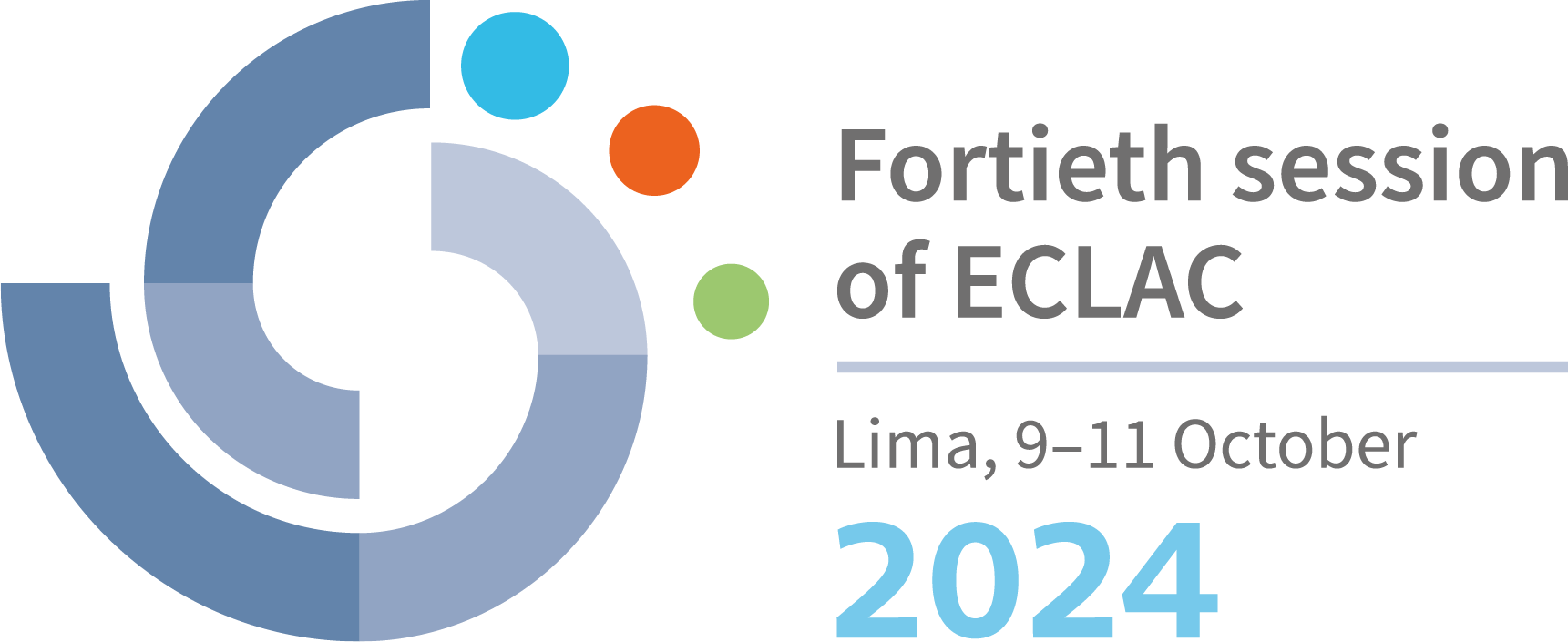
Fortieth session of ECLAC
The fortieth session of the Economic Commission for Latin America and the Caribbean (ECLAC) will be held from 9 to 11 October 2024 in Lima, pursuant to resolution 766(XXXIX), adopted at the thirty…
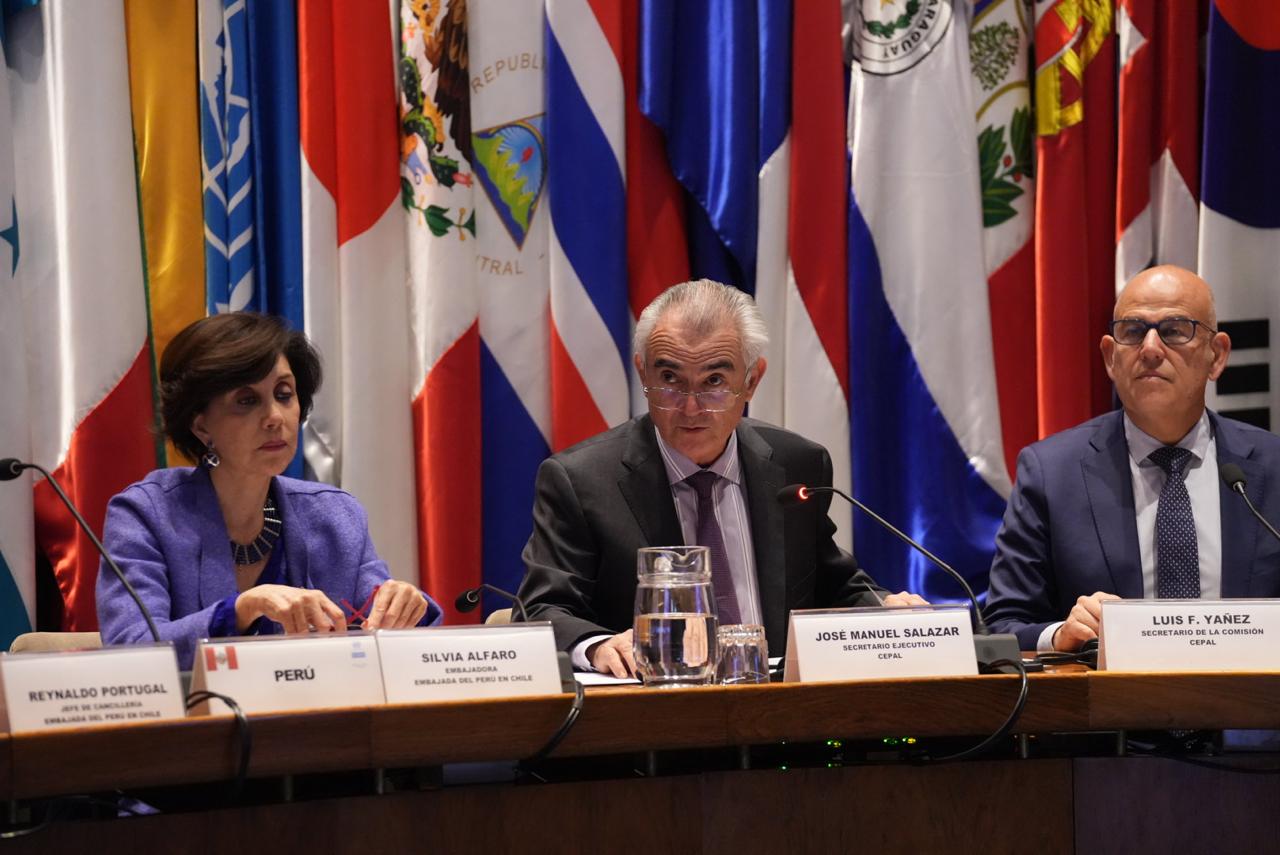
Executive Secretary Met with Ambassadors to Share his Proposal for Economic and Social Transformation and to Address Preparations for ECLAC’s Most Important Biennial Gathering
The organization’s fortieth session will take place on October 8-11 in Lima, Peru.
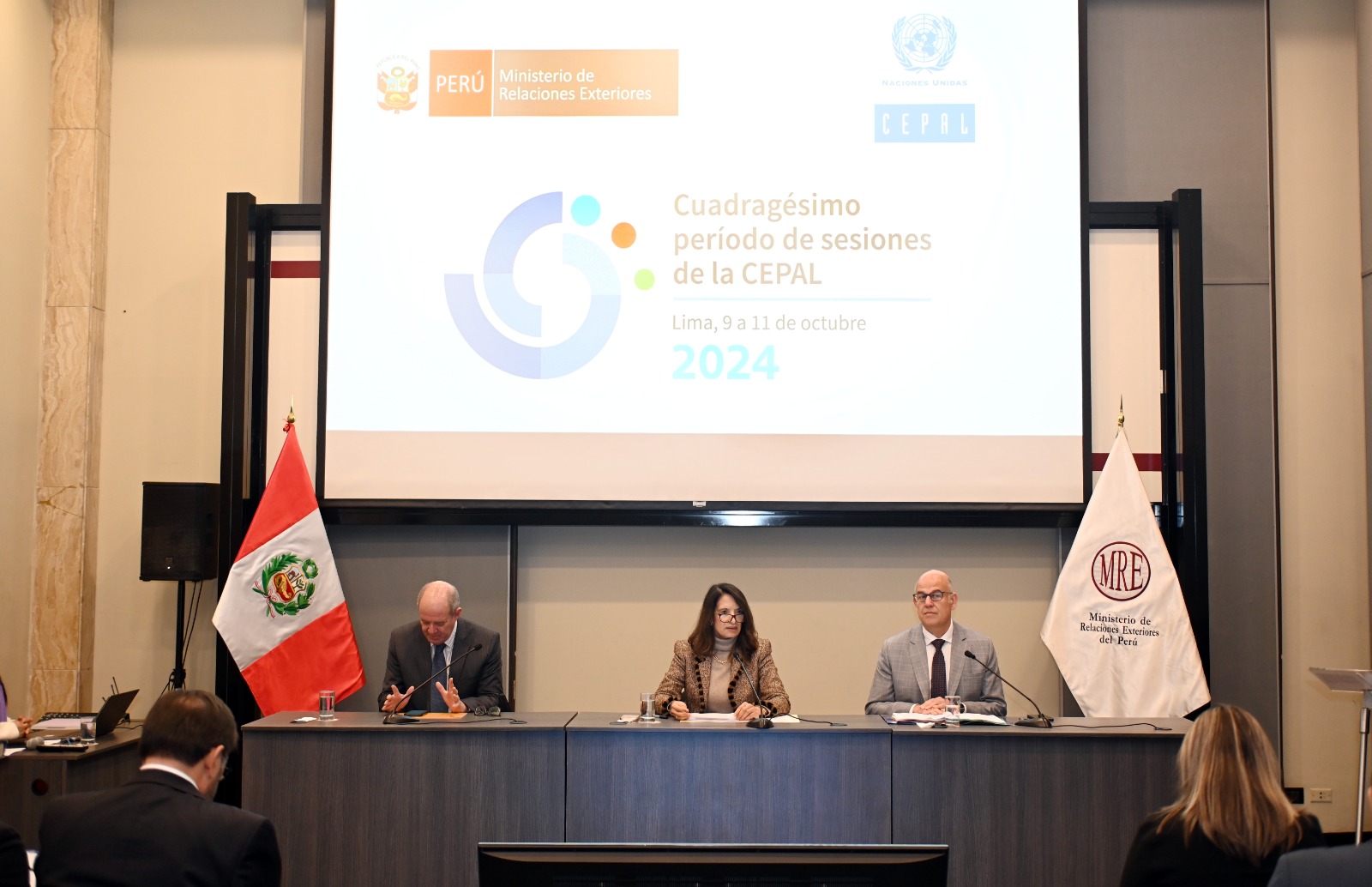
Authorities from Peru and ECLAC Meet with Ambassadors to Share Details on the Regional Organization’s Fortieth Session
ECLAC’s most important biennial gathering will take place on October 8-11, 2024 in Lima.
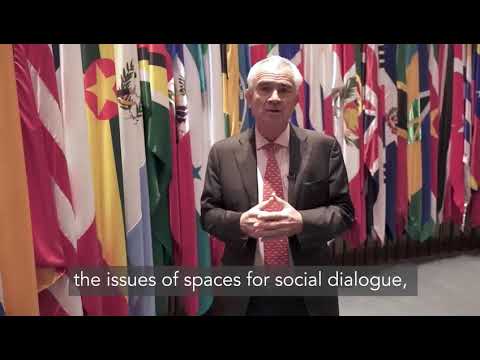
Invitation of the Executive Secretary of ECLAC to the Fortieth session of the Commission
On October 9-11 in Lima, Peru, the Economic Commission for Latin America and the Caribbean (ECLAC) will hold its Fortieth Session, the United Nations regional commission’s most important biennial…
Related event

Fortieth session of ECLAC
The fortieth session of the Economic Commission for Latin America and the Caribbean (ECLAC) will be held from 9 to 11 October 2024 in Lima, pursuant to resolution 766(XXXIX), adopted at the thirty…
Type
Country(ies)
- Latin America and the Caribbean
Contact
Public Information Unit
- prensa@cepal.org
- (56 2) 2210 2040